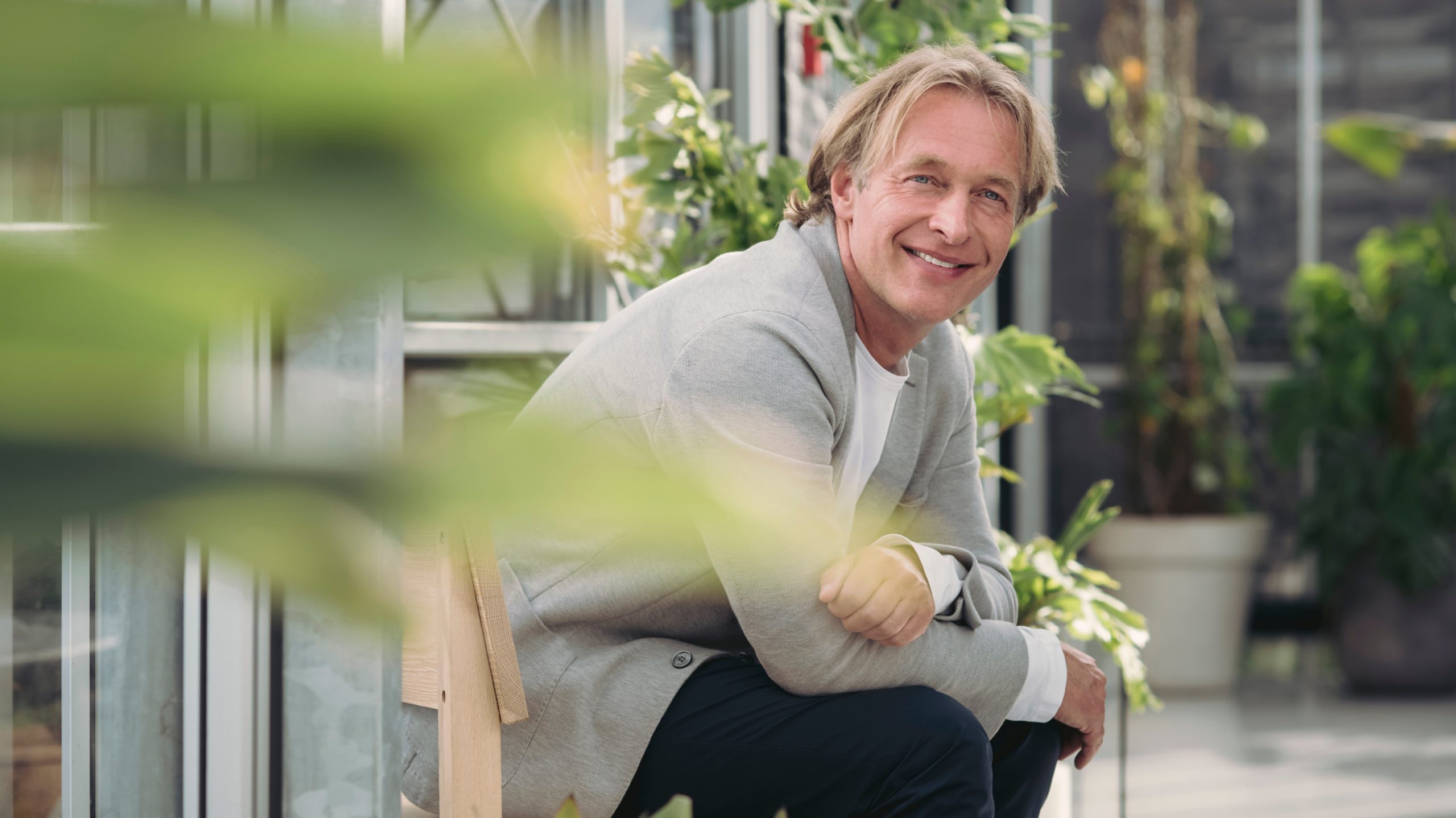
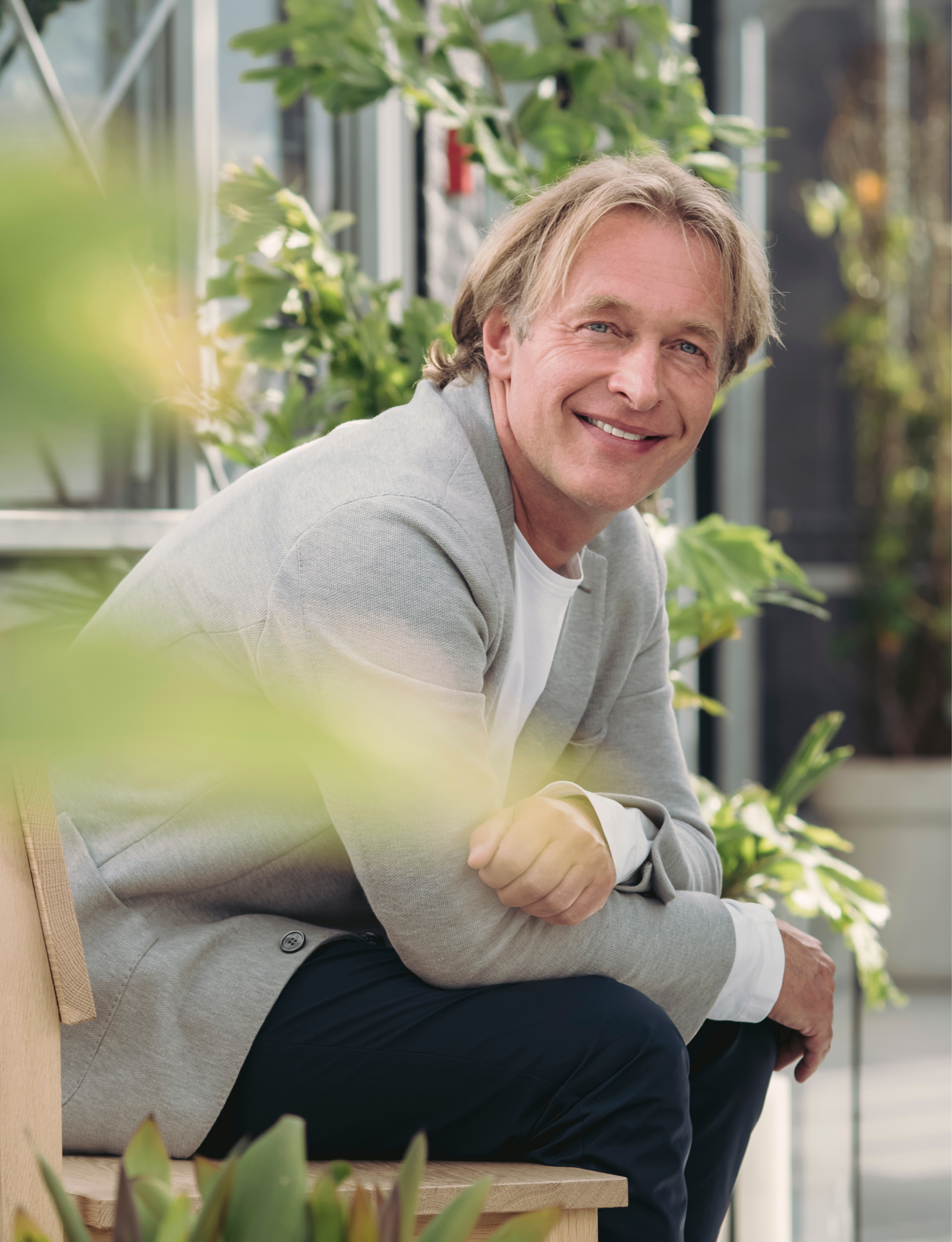

With a track record that already includes successful concepts like citizenM and Zoku, Hans Meyer is one of a rare breed: a true visionary within our industry. The Insider caught up with him to get the story so far; and we also discovered what comes next for this most restless of hospitality innovators…
Hans Meyer is not a man who does things by halves. Plotting an extended stay concept that would appeal to ‘global nomads’, he decided that the only way to learn the needs and desires of what was then a little-known audience (we’re talking about 2009) was to become one himself.
Sure enough, after two-month stints living and working in Buenos Aires, Washington DC, and Bali, Hans knew that he was, as he puts it, “on to something”.
He adds, “What I particularly liked about that lifestyle was the ability it gave you to immerse yourself in the local context and the local way of life; to learn about the people and culture. From a personal development point of view this is amazing, because it widens your horizons as you become a truly global citizen.”
What Hans didn’t find was an impressive response from lodging providers to this particular customer need. He characterizes the extended stay product of the time as little more than a double-sized room with a microwave oven, and with no space to socialize beyond a poorly lit reception area containing a vending machine.
“I felt that social spaces were critically important and should facilitate effortless connections. We took inspiration from hostels, because these are places where you jump out of your bunk bed and head to the common area intending to grab a coffee before exploring your surroundings, only to find yourself still there two hours later having fascinating conversations with strangers around the big table. We wanted to emulate that experience, but with a far superior room offer that included a proper living space.”
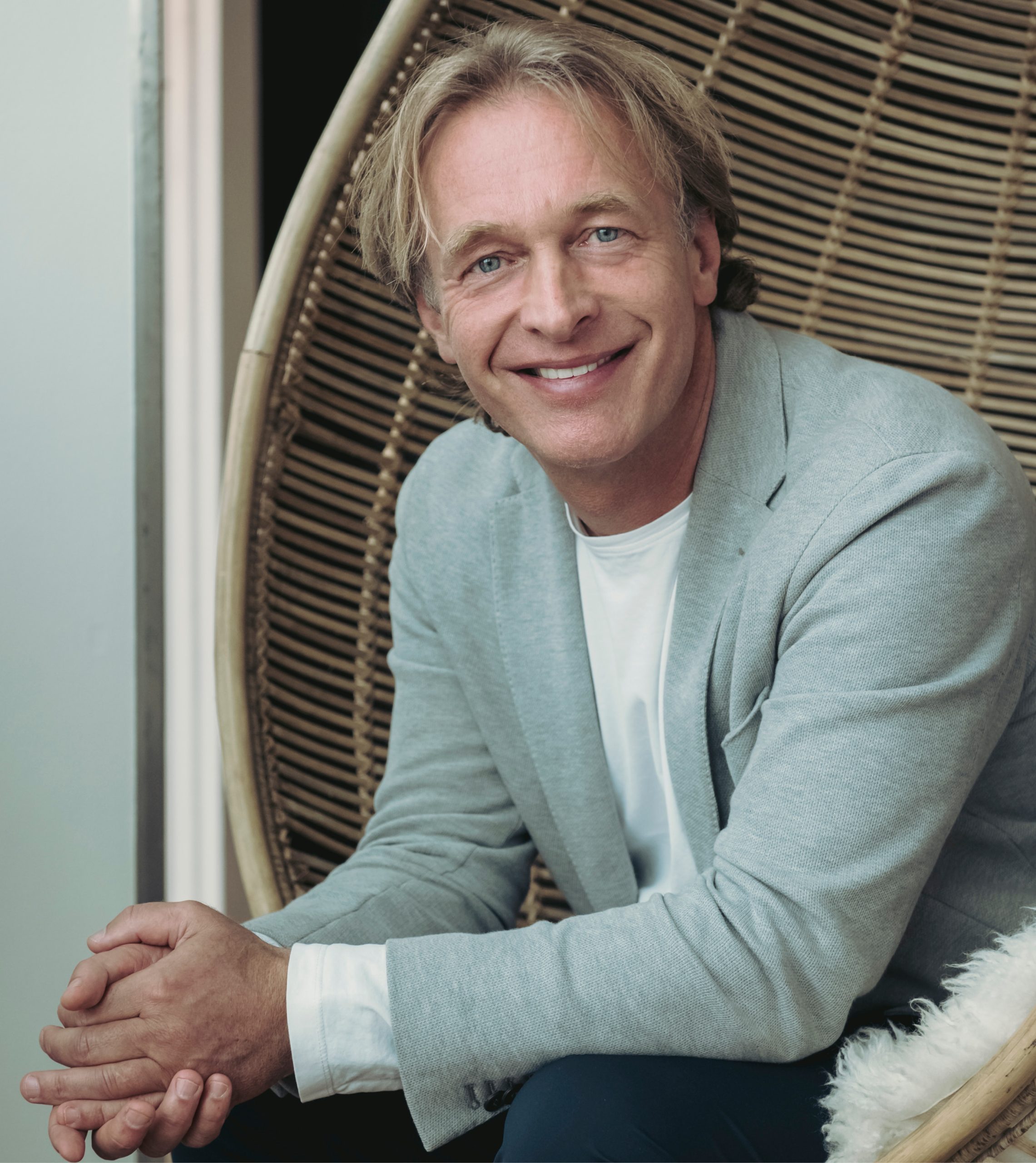
“I felt that social spaces were critically important and should facilitate effortless connections. We took inspiration from hostels, because these are places where you jump out of your bunk bed and head to the common area intending to grab a coffee before exploring your surroundings, only to find yourself still there two hours later having fascinating conversations with strangers around the big table. We wanted to emulate that experience, but with a far superior room offer that included a proper living space.”
Hans Meyer
Here, inspiration came from much further back in time. Visiting a 16th century house in his native Netherlands, Hans spotted a studio room with a bed that folded up into a cupboard when not in use, thus freeing up the space to be used during the day. (Fans of James Bond 007 with long memories might also recall a similar device used for a key scene in the movie You Only Live Twice).
“That gave us the idea to hide the bed. Because in 99% of hotels rooms or studio apartments the bed is the dominant furniture in the room, so if you can hide it away you have this ‘free’ space. It’s such a simple idea, but at that time nobody was doing it.”
A repeat innovator
This was not the first hospitality innovation Hans had been intimately involved with. He’d previously been the initial creator of the wildly successful CitizenM concept, as Founding Partner and COO. Even so, he left nothing to chance with his new venture Zoku creating room prototypes ranging in scale from models you could hold in your hand right up to full size. He then invited people from his target customer base to tell him what they liked and – more importantly – didn’t like about each iteration.
“Normally in this industry you build one prototype room; but we built six, and each time it was tested on 100-150 people. We even used mobile EEG brain activity scanning and cameras, so we could measure people’s emotions when they were entering the spaces. Plus, we consulted with cultural and social anthropologists, so we could make sure that our communal spaces would enable people to easily connect with each other.”
For Hans, this exhaustive process is absolutely crucial to successfully delivering innovation, whether in hospitality or elsewhere. He sees too many modern innovations starting from an excel sheet, a building or a technology opportunity, whereas for him the starting point must be people, and more specifically solving a particular problem they may have.
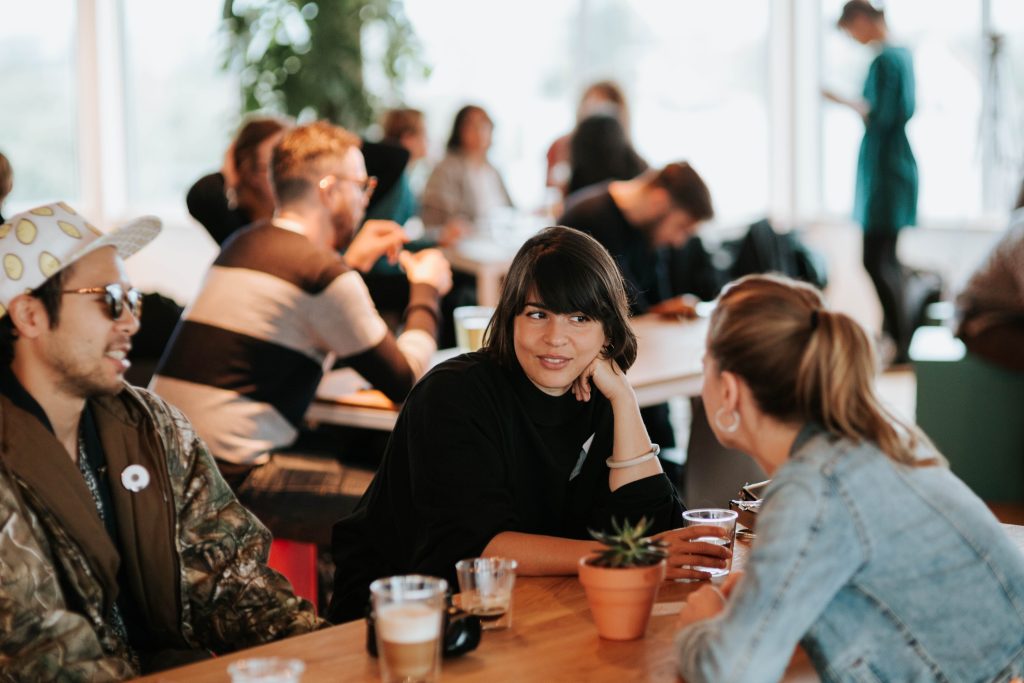
Also around this time Hans met Marc Jongerius, who became his co-founder and Managing Director, adding valuable private equity and venture capital experience to the mix.
And so Zoku was launched in 2016, becoming an immediate success even though Hans admits the concept was a little ahead of the curve in terms of the recent explosion we’ve seen in ‘work from anywhere’ employment, driven by the societal and technological impacts from the pandemic.
Hans’ next entrepreneurial ambition
Today, there are four Zoku properties, with the most recent opening in Paris in April this year. While Hans intends to continue expanding the brand across the world, this restless innovator now has his eyes on a new challenge: reinventing the office concept in a way that brings the best of hospitality into play.
“One of the things that Covid reinforced was this realization of how important human connections are,” he explains. “We are social animals, we all know this, but with digital technology we spend so much time looking at screens nowadays our human ties are becoming worse and it’s making us unhappier.”
Zoku explored this phenomenon in a white paper entitled ‘The future of work needs human connection’, and it’s the inspiration for the company’s bold move into the office market.
“We very much believe that hospitality and offices are two sectors which are going to merge,” he says. “Why? Because the traditional office model – boring, uninspiring, no services – is not going to work in a world where nobody wants to commute for two hours just to sit behind a laptop in a boring space.
“If you look at the wider picture there are three big problems facing employers. First, we’re in a challenging labor market so they have to do more to attract and retain talent; second, companies want to build culture and connections, but their current office set-ups hold that back; and third, office real estate is incredibly inefficient from a usage perspective. Post-Covid we see offices are used on average for just 8% of the total capacity available across a seven-day week. We talk so much about sustainability, but even if the building is the most efficient it’s not actually sustainable if it’s empty for nine out of every ten hours!”
Hans is – understandably – tight-lipped about what exactly his new concept may look like, but he confirms that work is well underway to gather future user feedback as he did with Zoku.
“It’s the same rigid process we’re following with our future clients, to ensure we develop something that solves their problems. The real estate industry moves pretty slowly; and even though our strategy involves converting existing spaces we won’t expect to deliver anything before 2025. After that, though, we can definitely grow fast.”
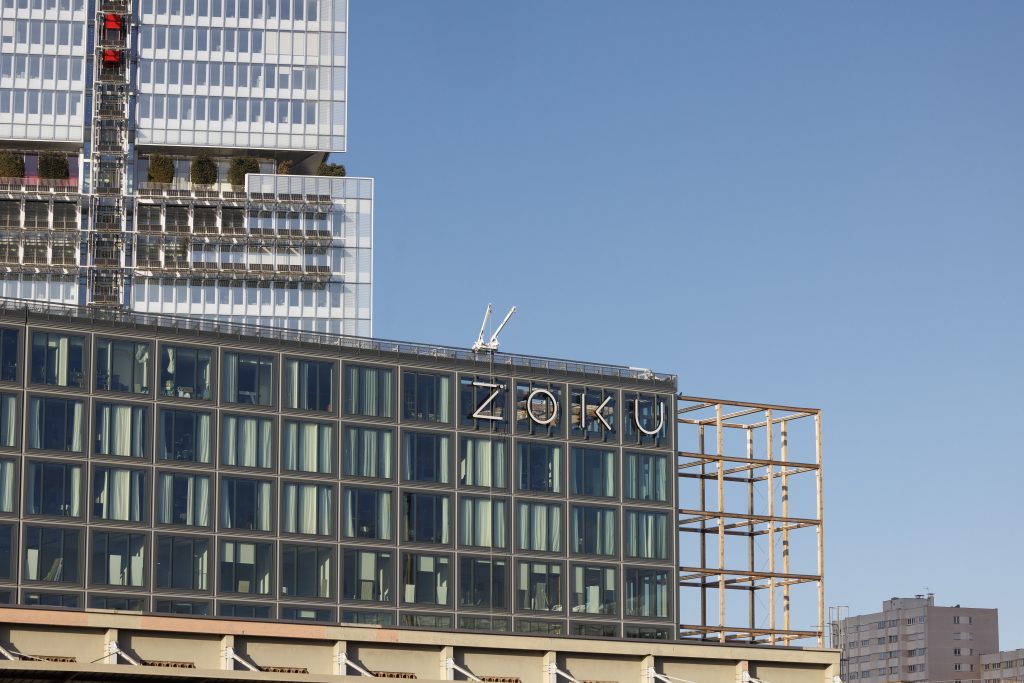
Entrepreneurial advice
As a school which teaches future entrepreneurs through our Master’s in Hospitality, Entrepreneurship and Innovation, we couldn’t let Hans go without offering up some advice for those individuals who dream of emulating his exceptional business success.
“If I have one piece of advice for an aspiring entrepreneur, it would be to look at their idea and ask themselves seriously, what problem does it solve? Because if something doesn’t solve a problem, why should anyone buy it?
“Too many entrepreneurs are too in love with their product to see that only a few others are. Some fail due to having an unbalanced team, with too many technical people and not enough with commercial skills, or vice-versa. Or maybe the principals just don’t get along with each other?
“Only one out of around a thousand companies will get to €5 million revenues in their first five years. It’s not a big success ratio, so when I’m thinking about an idea I ask people to be incredibly honest with me; not just to say they like the idea because they like me as a person.
“That said, you don’t always have to listen if you really, truly believe in your idea… when I came up with the initial concept for CitizenM we asked several CEOs and none of them thought it was a good idea – but now it has 31 hotels and is worth a few billion dollars.”
- To discover more about Zoku, visit the website
Photo credit
Hans Meyer photos: Wendy Bos
Enhance your entrepreneurial expertise
Our Master’s in Hospitality, Entrepreneurship and Innovation takes you on a journey of innovation and entrepreneurship, from idea to business model and then to market.
















